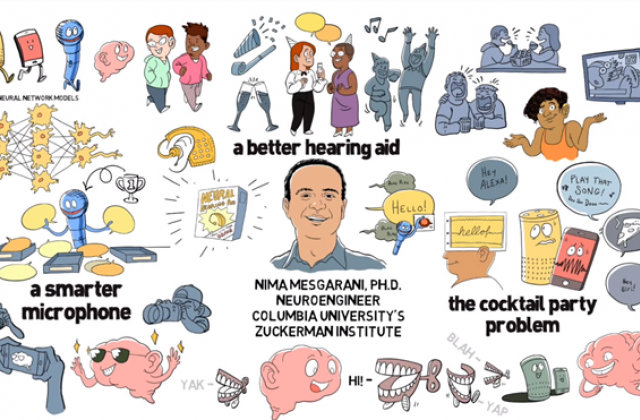Income drops may hurt brain health

Researchers at Columbia’s Mailman School of Public Health have discovered a link between a decrease of 25 percent or more in the income of young adults and their reduced brain health in later years. Led by Adina Zeki Al Hazzouri, assistant professor of epidemiology, a study followed US participants for over 30 years from 1990 to 2010. This span includes the recession of the late 2000s when financial instability touched many.
During this study, participants reported their annual pre-tax household income every three to five years. Then, researchers asked people to complete thinking and memory tests. The study found that participants with two or more income drops performed worse at finishing tasks than people with no income drops. In addition, people with lowered incomes took longer to complete certain tasks.
A subset of participants also had brain scans at the beginning of the study and 20 years later. People with two or more income drops had a smaller total brain volume than people with no income drops. Yet people with only one or more income drops had fewer connections between different areas of the brain.
“Our results provide evidence that higher income volatility during peak earning years is associated with worse brain aging in middle age,” said Zeki Al Hazzouri. These findings suggest the need for more studies on the social and financial factors of brain aging. Learn more.
Make Your Commitment Today




